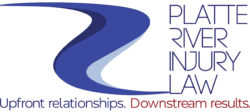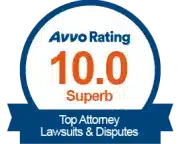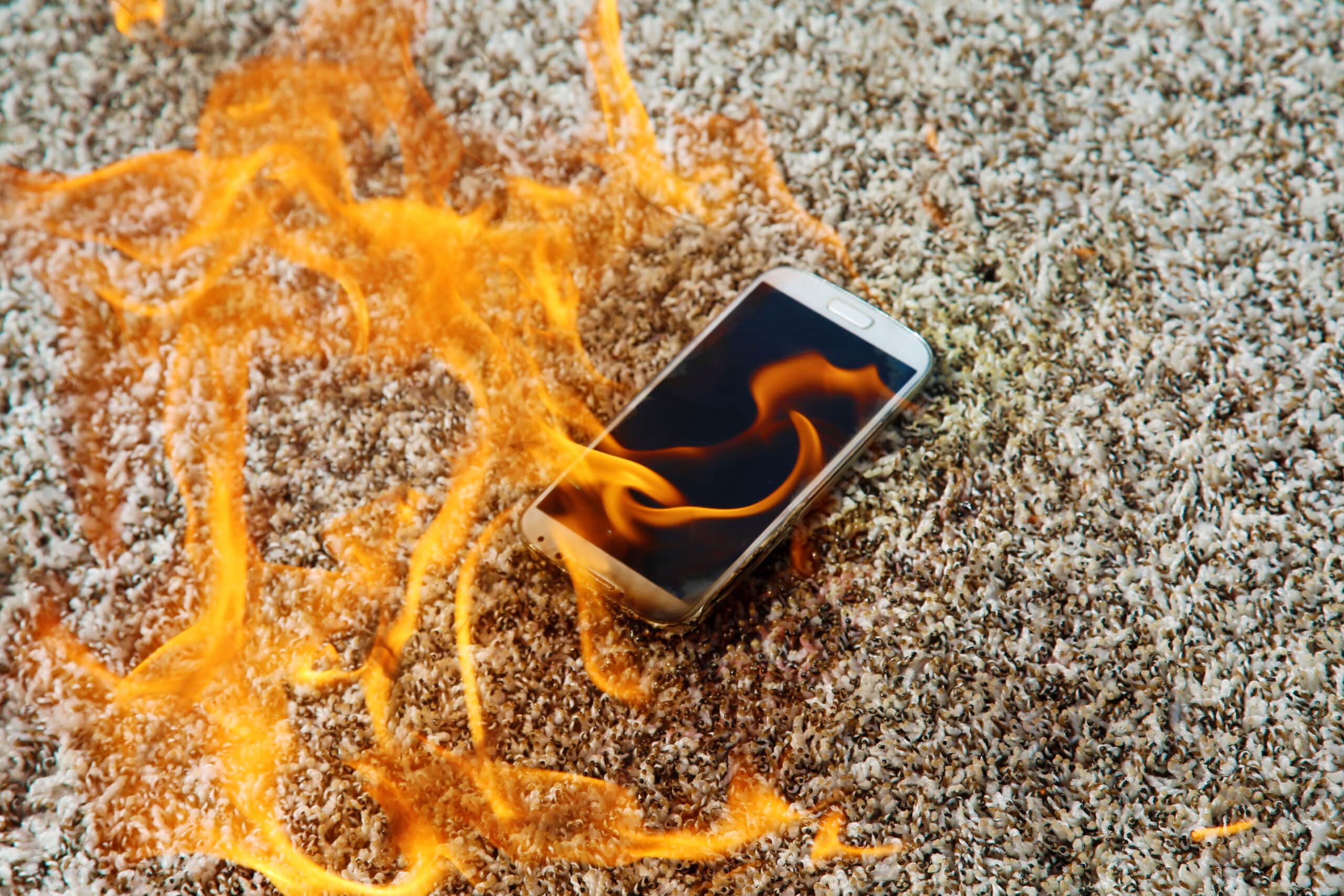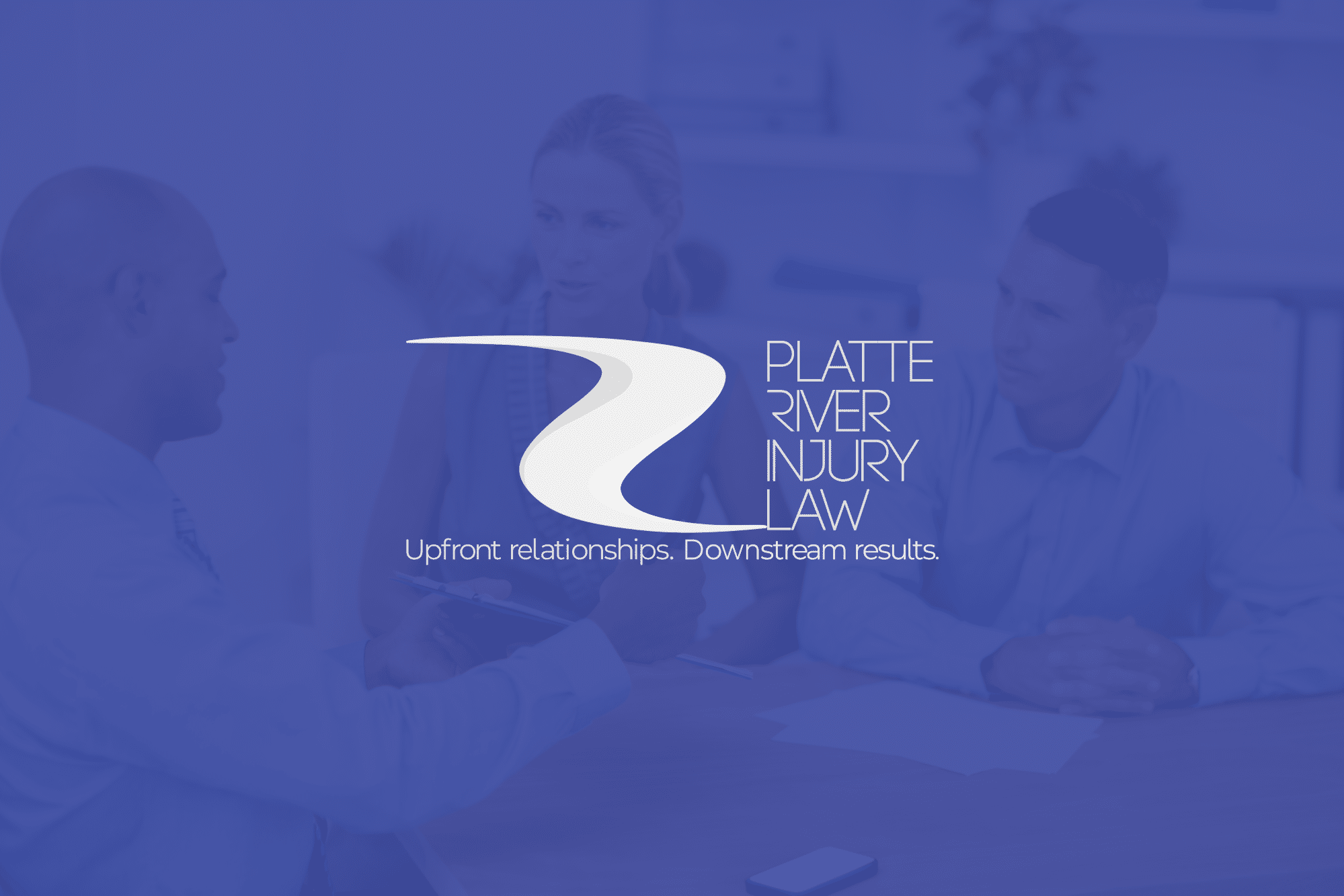What Are Your Legal Options If Injured by a Defective Product in Wyoming?
Every day, we trust dozens or hundreds of products with our health, safety, and property, which means we have to trust their manufacturers and retailers too. The things we buy can hurt us in a thousand ways that no one thought of—and, worse, in ways that someone thought of and then ignored.
Badly designed products can cause major property damage as well as injury, such as the hoverboards that have caused house fires from overheating. Poor manufacturing practices can sicken us—see the recent recall of applesauce made with tainted cinnamon. And if we aren’t warned about what a product is capable of, it may hurt us badly, as with toys that come apart into pieces that little children can swallow.
These situations lead to product liability claims, which come in three major types:
- Design defects—products that fail due to poor design
- Manufacturing defects—products that are not in the intended condition when they leave the factory
- Marketing defects—products that cause injuries due to a failure to warn about foreseeable risks that a user could not have perceived
What are your options if you have been hurt or had your property damaged by a defective product in Wyoming?
What the State Law Says
As many other states have done, the Wyoming Supreme Court has agreed that someone:
who sells any product in a defective condition unreasonably dangerous to the user or consumer or to his property is subject to liability for physical harm thereby caused to the ultimate user or consumer, or to his property, if
(a) the seller is engaged in the business of selling such a product, and
(b) it is expected to and does reach the user or consumer without substantial change in the condition in which it is sold.
Ogle v. Caterpillar Tractor Co., 716 P.2d 334 (Wyo. 1986).
What this means is that a product’s manufacturer or retailer has “strict liability” under law for the damage that the product caused. When a defendant is strictly liable for damages, that defendant is responsible whether or not they were negligent. Strict liability differs from most personal injury claims in Wyoming, such as auto accidents. In those cases, a plaintiff who was more at fault than the defendant would not be able to recover compensation.
But that does not mean that companies are defenseless—quite the opposite. Defense attorneys may argue that:
- The product was not in fact the cause of the plaintiff’s injuries
- The product was not defective when it was sold—it had been modified in some way
- The plaintiff made some “unforeseeable” misuse of the product
- The plaintiff was aware of the dangers the product posed
Anyone who makes a damage claim for product liability must be able to show that:
- They received the product in the same condition it was sold in
- They used the product in a reasonably foreseeable way
- The product caused them physical harm
- The harm resulted in the damages they claim
How Product Liability Claims Work
Mass Torts
When large companies sell defective or dangerous products, they often result in dozens or hundreds of product liability claims. Many people don’t have the resources to go through a trial against powerful corporate defendants, but when they have similar claims, the law allows them to join forces. Mass tort proceedings enable attorneys and plaintiffs to pool resources and hold corporate defendants responsible.
You have probably heard about class action lawsuits through advertisements or perhaps by a formal notice that you are eligible to join one. Class actions allow plaintiffs to join as a class in a single lawsuit against a corporate defendant. This minimizes the effort and expense for each claimant, but it also requires all of them to have more or less the same claim. What’s more, it is very much a mass process, and the more plaintiffs there are, the less input any one person can have.
Multi-district litigation (MDL) is a federal court process involving many individual lawsuits over one product or type of product. Unlike class actions, each plaintiff has their own attorney, and the plaintiffs may have differing situations and damage claims. An MDL allows the plaintiffs and defendants to consolidate proceedings in order to save expense and time. Ideally, it will lead to a settlement that addresses the majority of claims without trying every case. However, it is also a mass process, and it may take place many states away, with fewer options available for individuals or their attorneys.
Individual Recovery Options
It may be wisest to pursue a claim by yourself. Many product liability claims also arise from local manufacturers or products that were not widely defective. In Wyoming, you must bring a product liability lawsuit within four years of the date that you learned or should have known about your claim. If the claim is for wrongful death, you only have two years from the date of death.
Few people truly want to bring a lawsuit. What most people would prefer is a settlement for their medical expenses, lost income, and property damage. An experienced personal injury attorney can present your claim and handle settlement negotiations with corporate defendants, shielding you from their pressure. But if the company will not come to terms, a lawsuit may be necessary.
If you live in Wyoming and you have suffered injuries from a defective product, medication, or food, you deserve a lawyer who will fight for you. Call Platte River Injury Law, a Cowboy Country Law firm at 307-215-9724 to schedule a free consultation. We serve the communities of Casper, Cheyenne, Gillette, Laramie, Rawlins, Riverton, and Sheridan.






